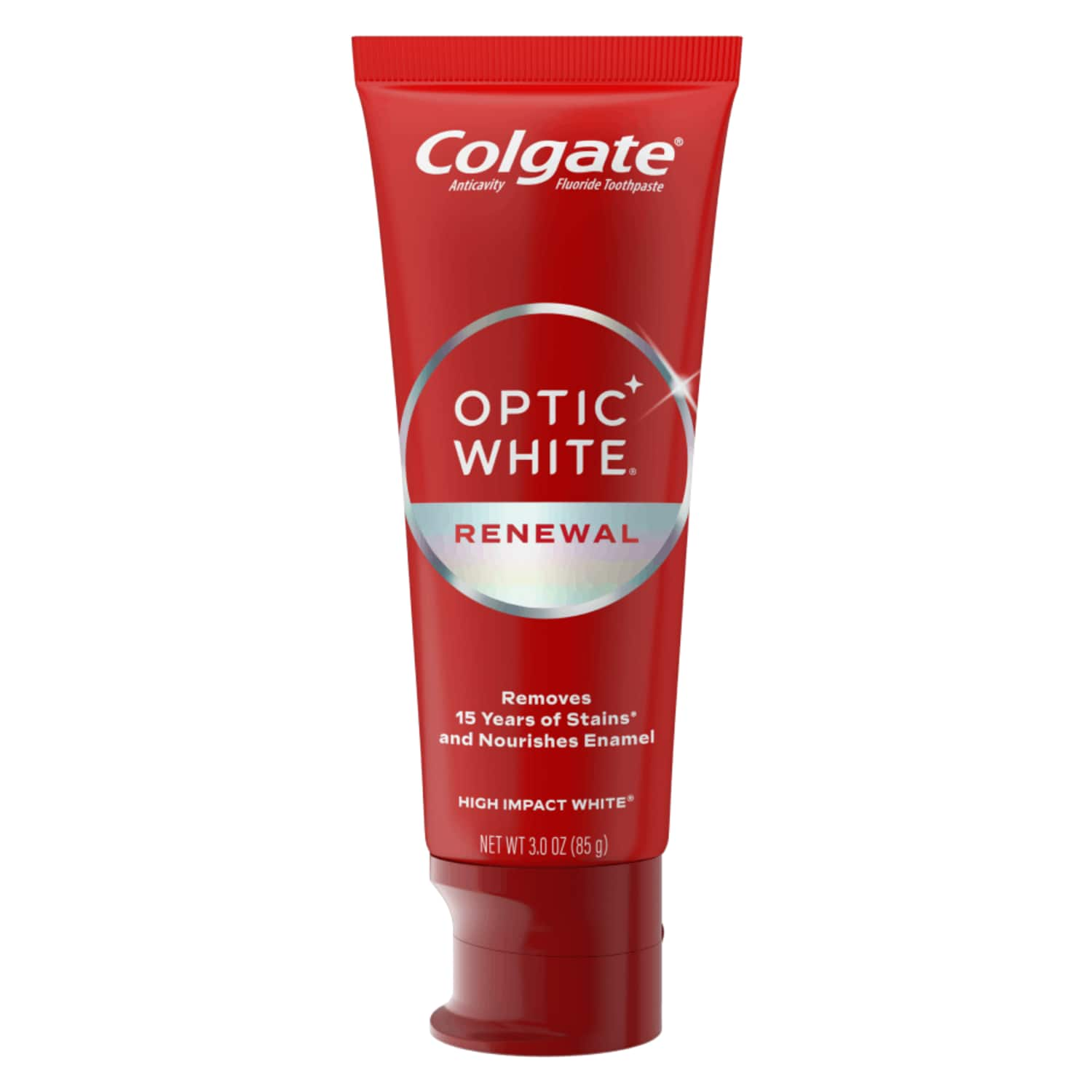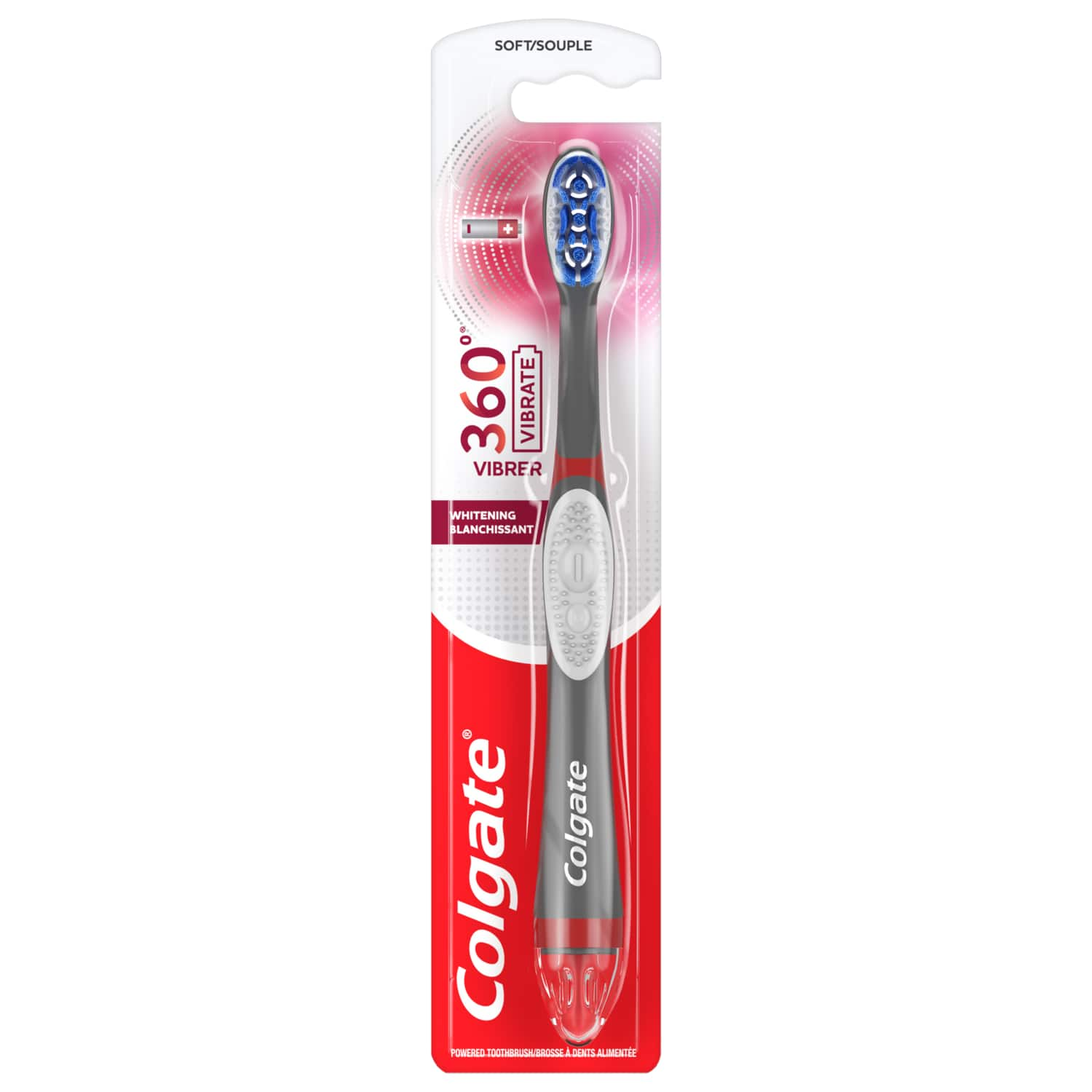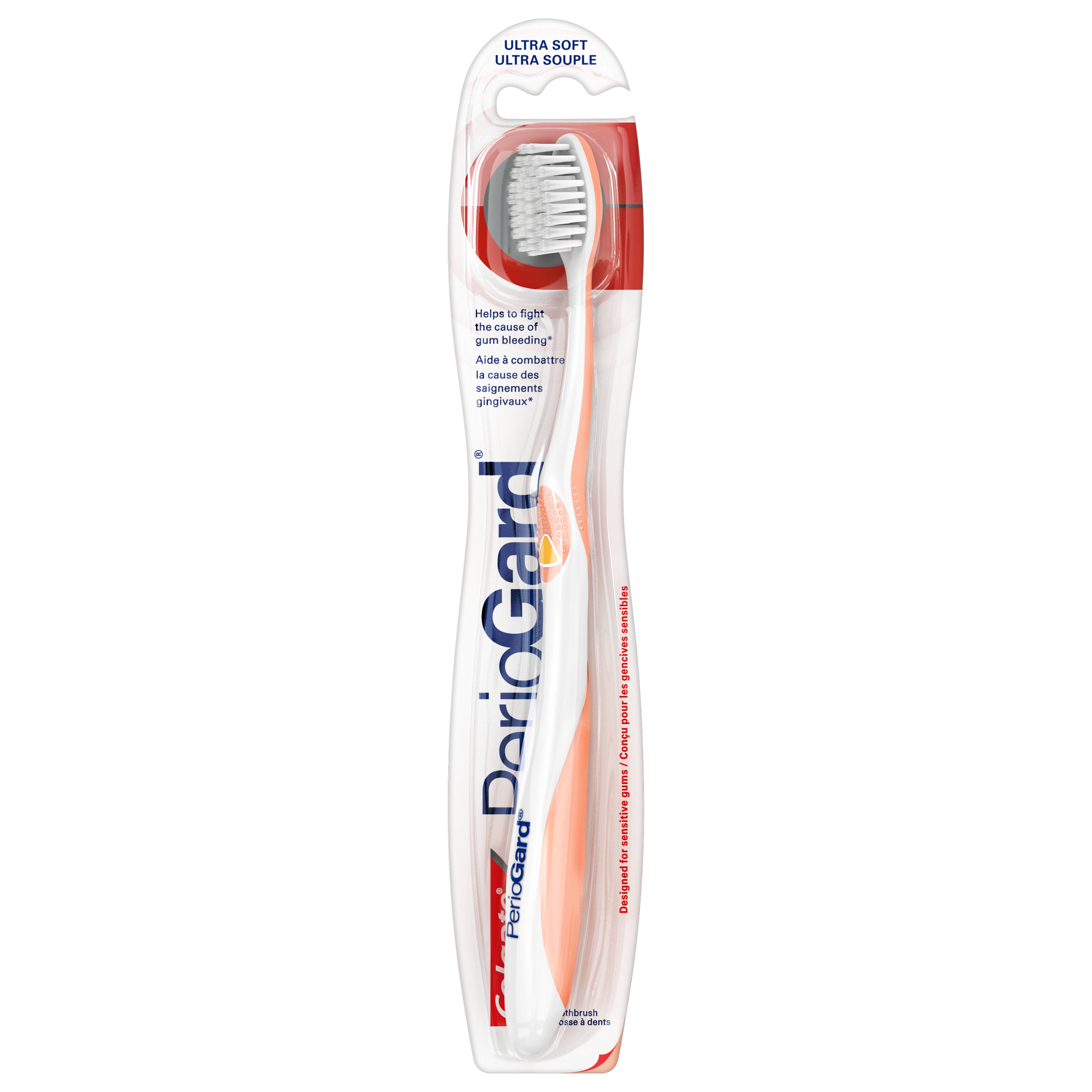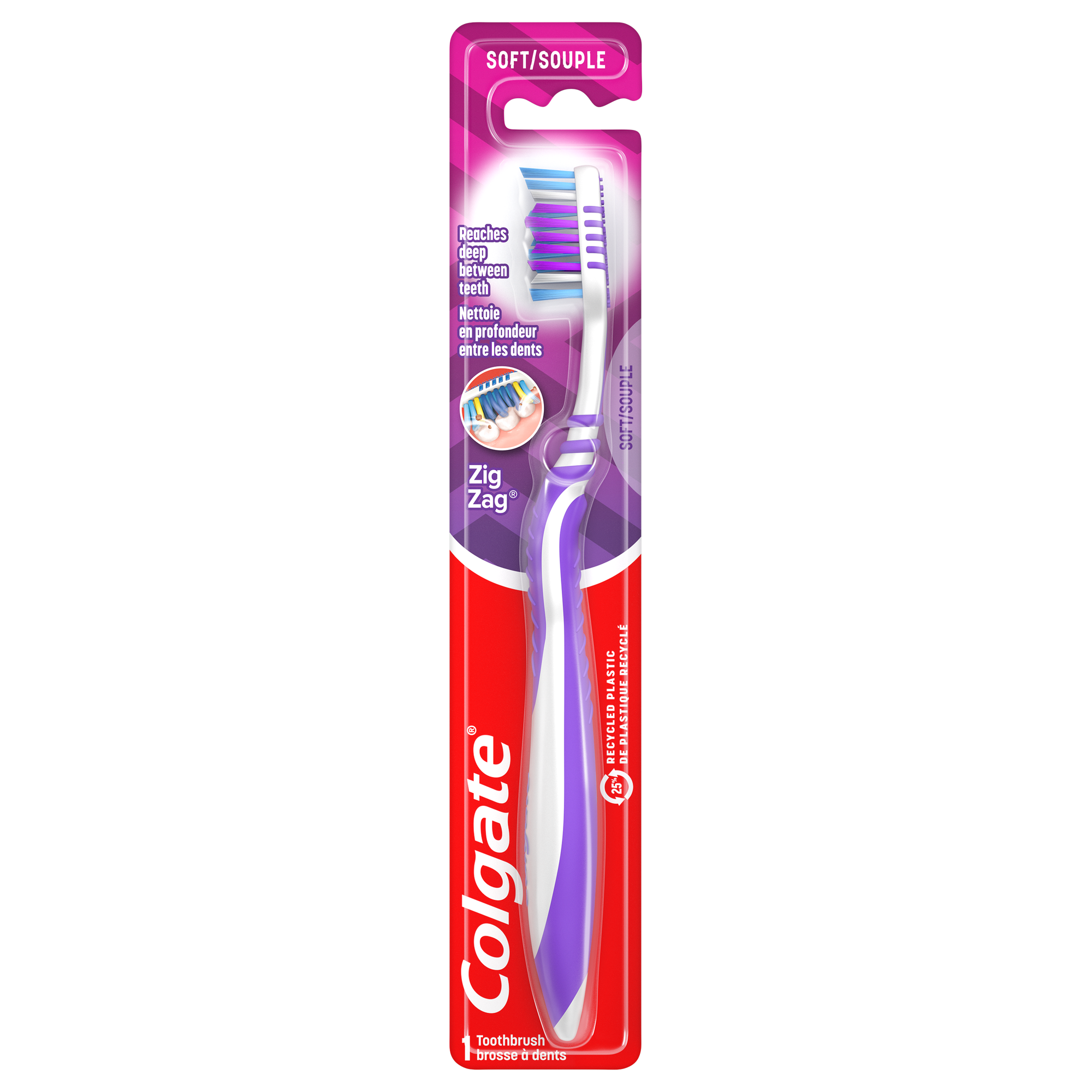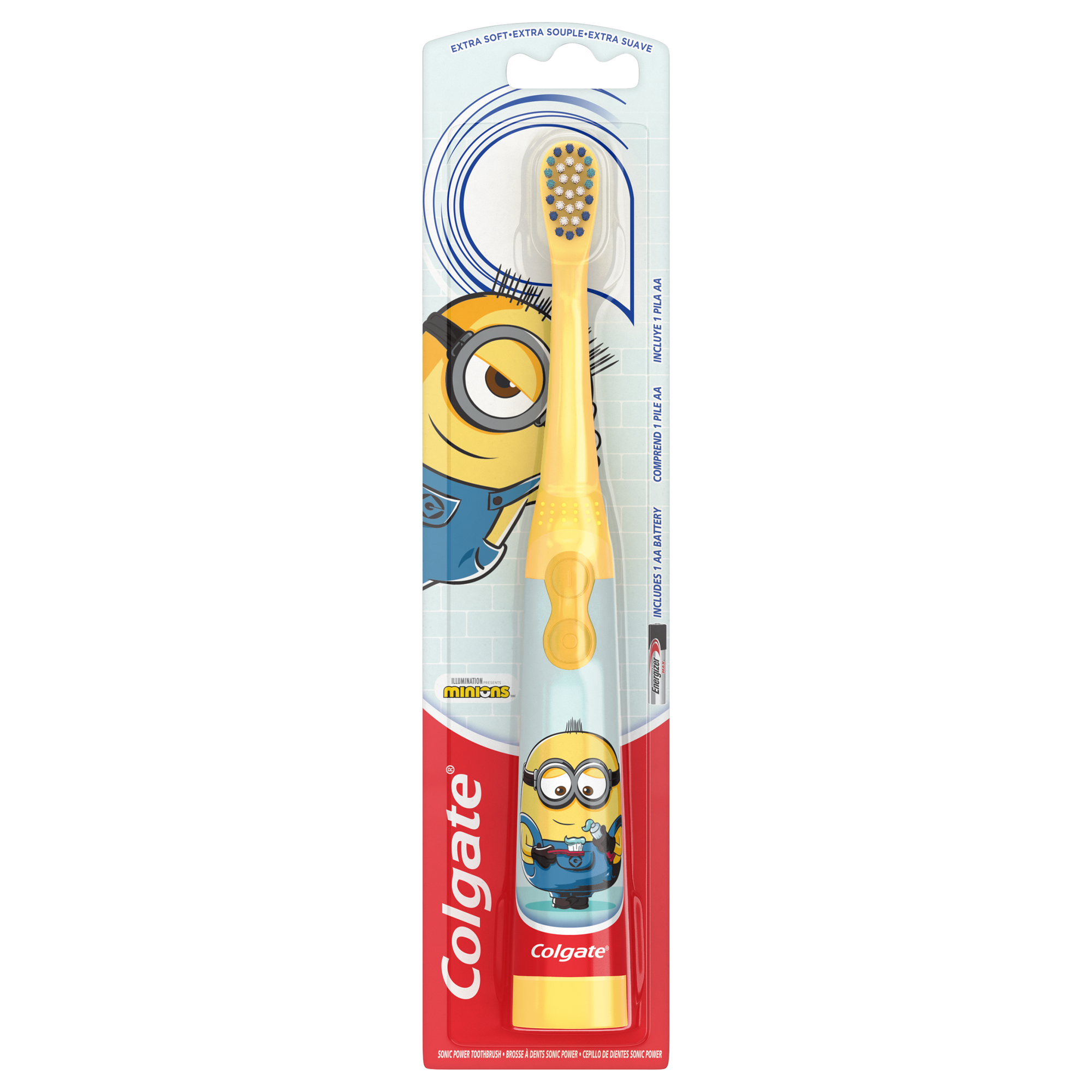-
-

TOOTH SENSITIVITY
What Causes Tooth Sensitivity & How to Treat ItIf you avoid eating cold foods or drinking hot beverages because your teeth are sensitive, it may be time to get...

NUTRITION ORAL HEALTH
How To Limit The Effects Of Sugar On TeethCookies, cakes, candies and sodas – everywhere you go, there are sugary treats to tempt you and your kids. The effects of sugar...
-
Science & Innovation
- ORAL HEALTH CHECK
- PRODUCT MATCH
- Colgate® | Toothpaste, Toothbrushes & Oral Care Resources
- Oral Health
- What Is Trench Mouth?


One of the most serious and painful types of gum disease is called trench mouth. Referred to as acute necrotizing ulcerative gingivitis (ANUG) by medical professionals, it’s a non-contagious infection of the gums that comes on quickly.
According to the American Journal of Medicine, the name dates back to World War I, the first war in which soldiers experienced prolonged periods of trench warfare. Because they were under significant stress and were unable to properly take care of their teeth or seek treatment, they often developed painful and bleeding gums. Risk Factors
Trench mouth can affect anyone who doesn't get regular dental cleanings, although it’s quite rare in nations with modern healthcare.
According to the Journal of Dental Science Research, it’s more common in the young, particularly among severely malnourished children and young adults with human immunodeficiency virus infection.
Trench mouth can be caused or exacerbated by a range of other factors, including inadequate nutrition, psychological stress, a compromised immune system, a history of smoking, infections in the mouth, or existing health conditions like diabetes or HIV/AIDS.
Having a history of gingivitis (gum disease), especially in combination with poor oral hygiene and missed dental appointments, will also greatly increase your chances of developing trench mouth. Trench Mouth Symptoms
Patients may experience a combination of several different symptoms. According to the Merck MSD Manual, these include:
Painful gums that bleed easily.
Sores or ulcers at the gum line. Foul-smelling breath.
Fever and general ill feeling.
Trench Mouth Treatment
While trench mouth sounds frightening and can be quite painful, the good news is that diagnosis and treatment is easy and pain-free. It can be diagnosed with a simple oral exam by your dentist. From there, the condition can be initially treated with a cleaning of the gums and teeth by a dental hygienist.
Your dentist may also prescribe antibiotics and an antibacterial mouth rinse to help fight the infection.
The pain will likely decrease within days of starting treatment, and the problem should be cleared entirely in a matter of weeks.
It’s also a good idea to schedule a follow-up appointment to make sure the infection is subsiding.
Prevention Your dentist will advise you on the best oral health practices to follow at home. In general, good oral care involves brushing your teeth at least twice daily and flossing every day.
Doing so is especially important throughout the trench mouth recovery process. Once you get rid of trench mouth, make sure it doesn’t come back by scheduling regular visits with your dentist or dental hygienist. This, combined with good oral care practices at home, will help prevent it from recurring and ensure you have a lifetime of healthy gums.
Related Articles

Gingival hyperplasia is an enlargement or overgrowth of the gum tissue. Learn the facts about gingival hyperplasia, what causes it, and how it is treated.

Scaling and root planing is a routine, non-surgical procedure done to treat periodontal (gum) disease.

Usually gum grafts are done by a periodontist, which is a dentist who treats conditions of the gums and the bone that supports them.
Related Products

Helping dental professionals
More professionals across the world trust Colgate. Find resources, products, and information to give your patients a healthier future

